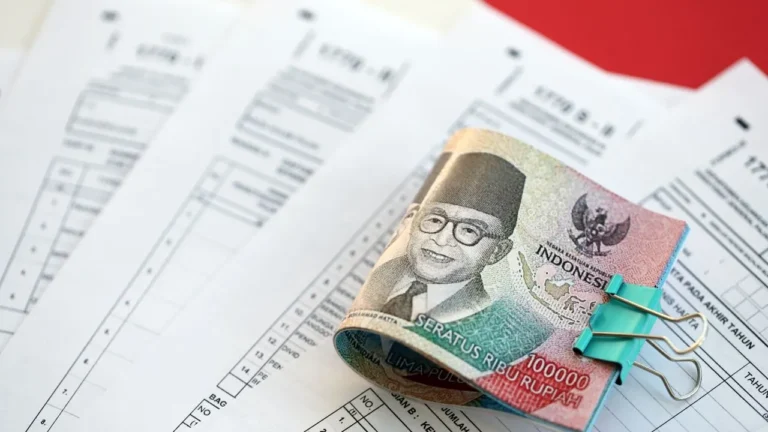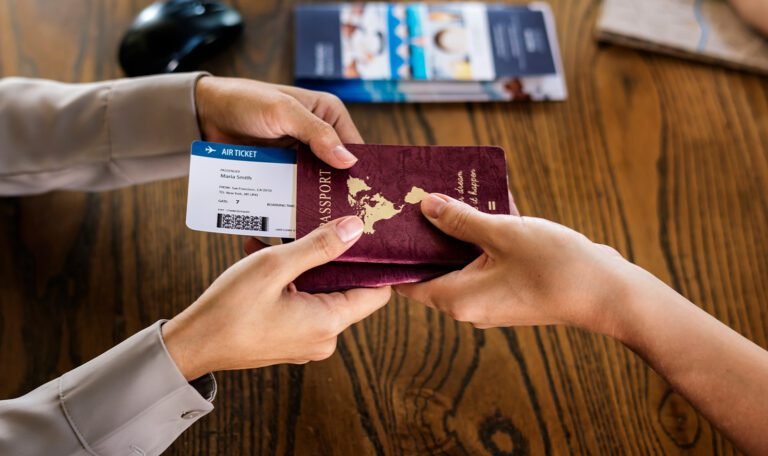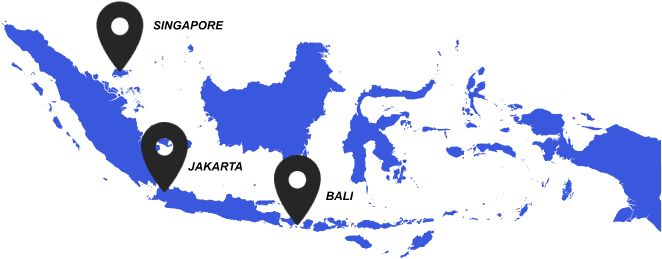Table of Contents
ToggleBali and Lombok attract digital nomads and remote workers from all over the globe, thanks to their dreamlike scenery and excellent facilities. For those considering remote working in Bali, the region offers a unique blend of lifestyle and practicality. Entrepreneurs, foreign business owners, and employees can relocate to Indonesia, either solo or with their families, and enjoy opportunities to work remotely with potentially lower tax obligations.

How to Work Legally from Bali as Digital Nomads or Remote Workers
Indonesian immigration is granting remote workers visa E33G to workers wishing to work from Bali or other places in Indonesia. This visa is valid for 1 year and is a multiple entry visa. The worker can obtain a temporary residency in Indonesia for 1 year and can renew its visa.
With this visa, the applicant is allowed to engage in remote working in Bali for a company based outside Indonesia, provided they do not generate income within Indonesia.
Here’s the revised text with added transition words:
The application needs to be submitted through ILA or immigration and, importantly, must meet specific requirements. Fortunately, ILA can assist with fulfilling these requirements, applying, and guiding you through the process.
The visa allows the worker to sponsor and move to Bali and the rest of Indonesia with their family. Moreover, the digital nomad can receive the visa within just 5 working days after payment.
The requirements to apply for the visa:
- Working contract showing 60 000 USD salary per year
- Bank statement showing at least 2000 USD or equivalent
- Passport copy
- Picture of the applicant
We recommend contacting us if you have difficulty with some requirements and not sure if the visa is the most suitable for your situation.
Never worry about taxes and accounting again
Dealing with finances, taxes, and accounting can feel overwhelming, especially as a foreigner in Indonesia. Let us guide you through processes like tax calculation, payroll, personal or corporate tax, short-term investments, balance sheet analysis and much more.
With ILA by your side, nothing can go wrong. Schedule a free consultation today or learn more about our tax and accounting services.
Taxation for Remote Workers in Indonesia
The taxation while having a stay permit or living in a different country is one of the biggest concerns for the applicant or before applying for the visa. Indonesia is a country with low taxation in general on corporate income (PT PMA) for the one who wish to set up a company. For personal income, Indonesia has a progressive tax rate that can lead to high tax exposure for employment tax.
| Taxable income for 2023 (IDR) | Tax rate (%) |
| Up to IDR 60 million | 5 |
| Above IDR 60 million to IDR 250 million | 15 |
| Above IDR 250 million to IDR 500 million | 25 |
| Above IDR 500 million to IDR 5 billion | 30 |
| Above IDR 5 billion | 35 |
Here’s the sentence rewritten in active voice:
The government applies a final tax rate instead of the progressive tax rate to certain taxes. For instance, it taxes a KITAS holder with a remote worker KITAS at 10% on property sales of a leasehold property, exempting them from the progressive rate.
Taxation in Indonesia can be complex, so we recommend consulting us to understand how income would be taxed for remote working in Bali.
A remote worker holding a KITAS must apply for an NPWP, Indonesia’s tax card. This card is essential for declaring taxes at the fiscal year’s end, typically between January and March.
Also Read : Employer Of Record: How To Hire Indonesian Remotely
A remote worker is taxed on worldwide income, but the double tax treaty deducts taxes already paid from those owed in Indonesia. Some KITAS holders do not declare their foreign tax to avoid taxation in Indonesia, which is technically illegal. However, Indonesia offers tax exemptions for foreign workers in specific job positions if they meet certain criteria. We recommend you consult us to know if you meet the requirements.























